The article consists of two parts: the first is dedicated to combat methods, and the second to the actual pharmaceuticals that can be used in this battle.
Overtraining and Recovery Methods
Well, I'll start with recovery methods. There are quite a few, they are all sufficiently simple, yet very effective. And yes: it's not advisable to stick to just one—best results are achieved by a comprehensive approach.
- Changing the type of activity: replacing strength training with walks or light jogs, swimming in the pool, stretching exercises. But not a complete cessation of physical activity!
- Sleep more—ideally 9-10 hours a day. Taking melatonin half an hour before your intended bedtime and 120 mg of ginkgo biloba during dinner can help normalize sleep. And it's best to go to bed no later than ten in the evening.
- Eat more—during recovery it's better to forget about dieting. In this case, simple carbohydrates are perfectly acceptable.
- Drink more: try to consume at least 2.5 liters of plain water a day—it's critically important.
- It would be just great if you could get a relaxing massage every day.
- If that's not possible, just take relaxing baths.
- Other good recovery methods that can help settle the nervous system include ice showers and contrast showers. True, you still need to get used to both.
- And meditation is one of the best ways to recover mental health and more.
AAS in the Fight Against Overtraining
Is it advisable to incorporate anabolic steroids in combating overtraining? If yes, which ones specifically. I'll try to be as brief as possible, although here everything is very complicated.
You undoubtedly know that among anabolic steroids, there are those that have a stimulating effect on the central nervous system (CNS), and therefore, can significantly raise the fatigue threshold.
These properties are inherent to derivatives of dihydrotestosterone (DHT)—primarily drostanolone or mesterolone, but generally, they are present in all agents with pronounced androgenic activity.
And also with turinabol, which stimulates the conversion of testosterone into DHT. All these drugs allow you to work longer and harder, significantly reducing the risk of sliding into "overtraining", preventing "training hangover" and ensuring normal recovery.
However, reducing risk does not mean its complete absence—and with these drugs, you can still get overtrained, potentially much more severely. And already in the recovery phase, all these means are not helpers because they "rev up" the CNS, whereas we need to calm it down.
Thus, trying to come out of "overtraining" using "masteron" or "turinabol" only means exacerbating the situation.
What do we need instead? Primarily something that can control cortisol—we remember that the level of this hormone in overtraining rises very noticeably.
Oxandrolone handles this task excellently, but an even better solution would be methandienone—this anabolic steroid fights cortisol, maybe a bit less effectively, but it also aids in increasing serotonin levels and creates an overall elevated mood.
If we move away from AAS, insulin can be recommended—it's a wonderful "anticatabolic" that also has a calming effect on the CNS. It's best used in conjunction with growth hormone or IGF-1 (or MGF variant).

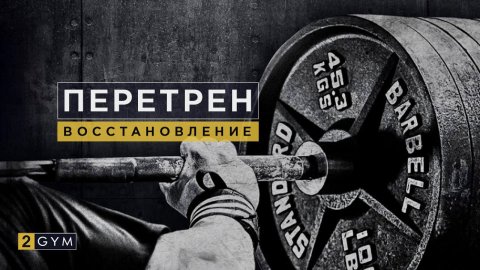
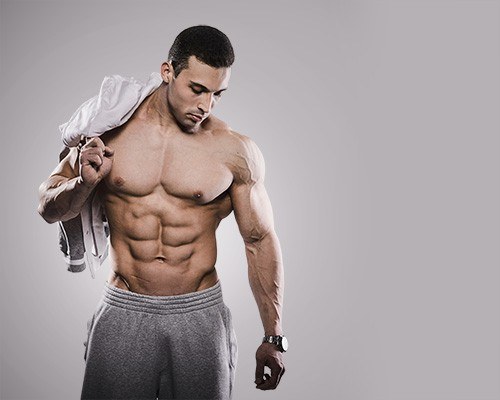









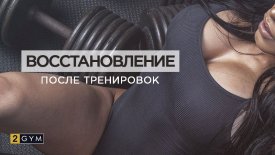
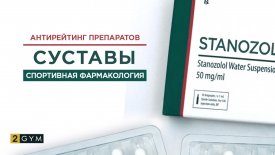
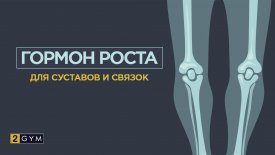
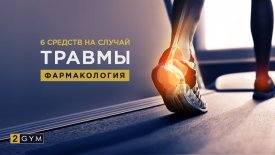
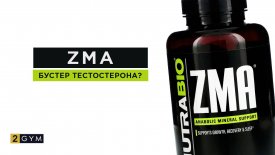
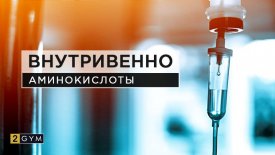
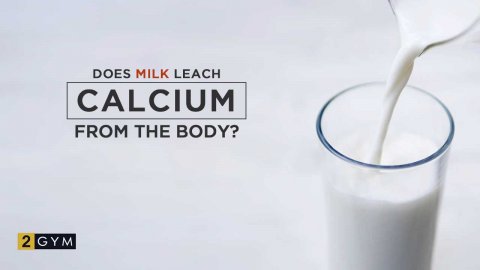
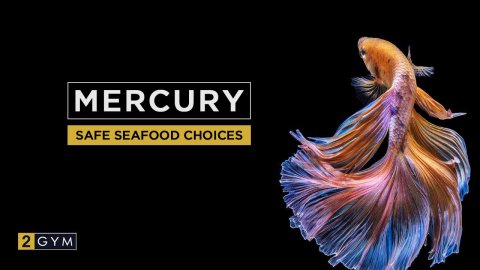
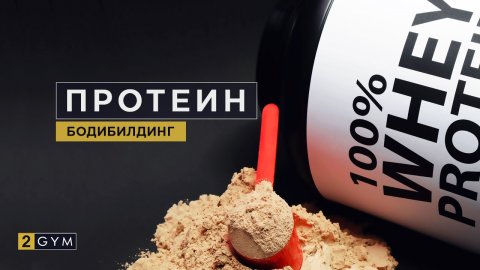
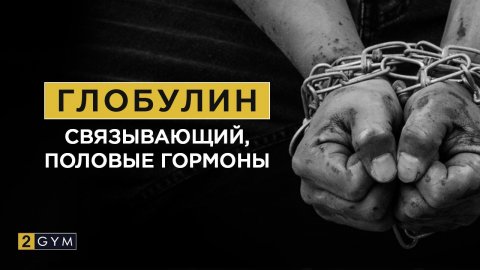
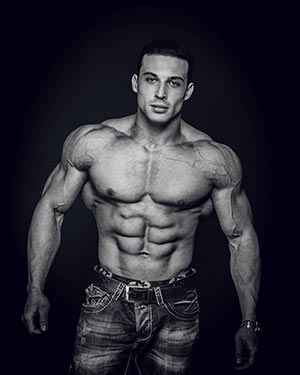
Log in with ( Sign Up ? )
or post as a guest
Be the first to comment.